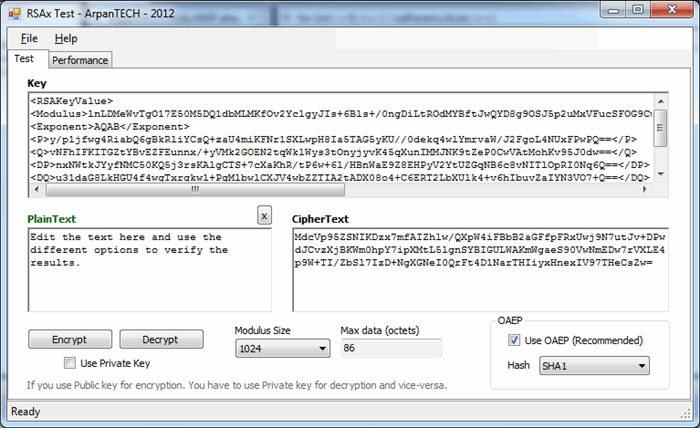

But no use of external libraries or peeking at existing Python implementations of RSA. lecture slides, the original paper), and to stackexchange for basic Python syntax etc. I’m allowing myself access to material describing the RSA system (e.g. I’m sure that it will be highly insecure, but I’ll be happy if I can make something that just about works. So as an entirely pedagogical / auto-didactical weekend project I’m going to have a go. But how many people does that include? Can even I, a non-cryptographer with a basic knowledge of how it works in theory, create an actual working version of RSA? Anyone who knows RSA and how to program can implement it themselves given a general purpose computer.



While I don’t think this is actually the answer to the above problems, it could be a fun exercise to see how many of the basic building blocks of modern computing could be re-created from scratch. In some cases this can lead to an unexpected global mess, such as the time when a developer of several popular NPM libraries pulled them from the package management system, breaking the ‘ Jenga tower of Javascript‘. This is great in many ways, because whatever you want to do, someone else has probably already done it better and more secure.īut it also means that most applications are dependent on code written and maintained by other people. I’ve also been thinking about how the development stack for most programming languages is so dependent on a byzantine labyrinth of third party libraries and packages. So I decided to set myself a little project to get back into it. This is not unusual for someone working in CS, especially those of us at the ‘softer’ edges. Despite working in computer science, these days I barely have the need to write any code in my day-to-day work.


 0 kommentar(er)
0 kommentar(er)
